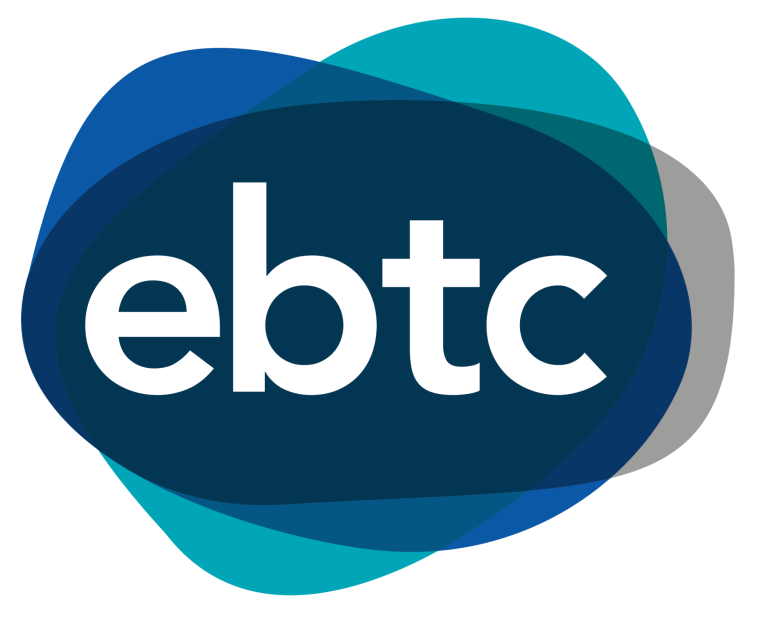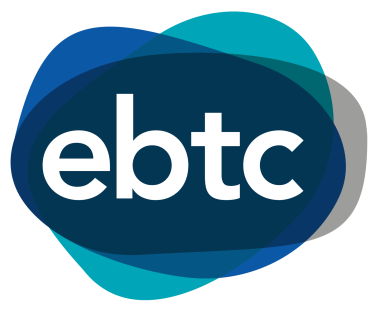EVIDENCE-BASED TOXICOLOGY COLLABORATION
Better evidence. Better environment. Better health.
Founded in 2011.
A member-driven organization
EBTC was founded in 2011 at Johns Hopkins Bloomberg School of Public Health with the vision to make evidence-based methodologies the standard that is used to ensure public health, a healthy environment and a sustainable future.
EBTC is a member-driven organisation, bringing together the international toxicology community to work on adapting and developing evidence-based methods and frameworks that facilitate the use of evidence in informing regulatory, environmental and public health decisions.


4
WORKING
GROUPS
25+
COUNTRIES
50+
RESEARCH CONTRIBUTIONS
1
SCIENTIFIC JOURNAL
OUR AREAS OF WORK
EBTC is organized on four themes, with a Working Group for each

Research Methods
Better conduct and reporting of studies
A healthy evidence pipeline depends on an inflow of well-reported studies, conducted using valid methods.
Our Research Methods Working Group is developing guidance, checklists, and appraisal tools to help improve the quality of primary studies and reduce research waste.

Evidence Synthesis
Know what the evidence is saying
One study on its own may not mean very much. Many studies together will give a fuller picture - but that picture can be difficult to make out in a noisy, confusing, and contradictory body of evidence.
Our Evidence Synthesis Working Group is refining methods for systematically reviewing and mapping research, to ensure we are able to make best use of the best evidence in policy-making.

Open Science
More accessible, reusable research
Most toxicological research is still being published in a paper-based paradigm, with data trapped in inaccessible PDFs and behind paywalls. This makes it difficult to find and reuse data and to reproduce study findings.
Our Open Science Working Group is promoting a range of approaches to improving the efficiency of reuse of scientific data and the use of AI in research, so our ability to use evidence scales with the rate at which it is being generated.

Evidence & Decisions
Using evidence in policy-making
It is one thing to know what the evidence says about the health risks posed by an environmental exposure, but quite another to know how best to respond to this evidence.
Our Evidence & Decision-Making Working Group is focused on the systematic handling of decision-relevant information that is additional to certainty about health effects, so that decisions and policy are transparent and fully informed by all relevant considerations.

The official journal of
the Collaboration
Partnering with Taylor & Francis, in 2023 EBTC launched Evidence-Based Toxicology, a full-blooded open science journal for the environmental health sciences.
EBT allows us to realize our vision of how scientific publishing should work, to create a better experience for researchers, more transparent processes with greater accountability for publishing decisions, and a healthier research ecosystem overall.
GET IN TOUCH
E-mail: info@ebtox.org
Evidence-Based Toxicology Collaboration at
Johns Hopkins Bloomberg School of Public Health
615 N. Wolfe Street, Baltimore, MD 21205
